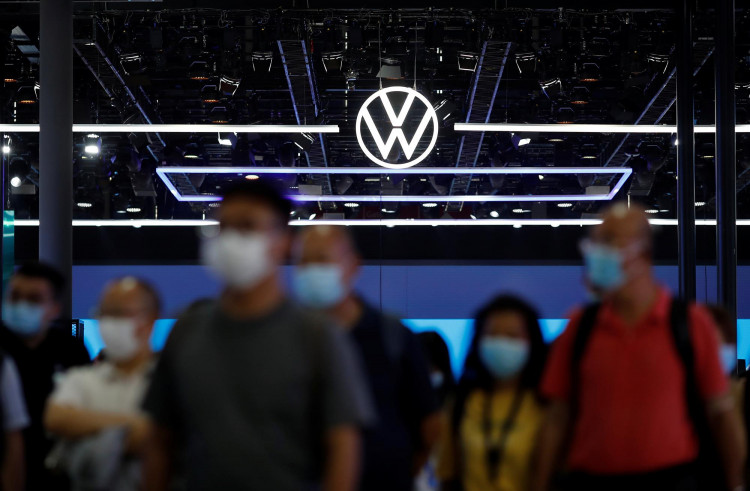Volkswagen has announced the sale of its plant in Xinjiang, China, amid growing scrutiny over human rights concerns and mounting competition in the global electric vehicle (EV) market. The decision, described by the company as driven by "economic reasons," underscores the shifting dynamics of the auto industry and geopolitical tensions surrounding the region.
The facility, located in Urumqi, Xinjiang, had ceased producing combustion engine vehicles in 2019 and had since operated as a distribution and inspection hub. Volkswagen confirmed on Wednesday that the site had been sold to the Shanghai Motor Vehicle Inspection Center, with assurances that the jobs of the plant's 170 employees would be preserved.
"There is no business case for the plant," a Volkswagen spokesperson stated, attributing the decision to declining demand for combustion engine vehicles and the pressure to accelerate the transformation of its production network. The rise of EVs in China, which could account for 45% of all car sales by the end of this year, has further reshaped the competitive landscape for traditional automakers.
Volkswagen has faced sustained criticism for maintaining operations in Xinjiang, a region widely condemned by Western governments and human rights groups for alleged abuses against the Uyghur Muslim minority. Reports from the United Nations and U.S. officials have accused China of forced labor, mass detentions, and repressive surveillance in the region. China has repeatedly denied these allegations.
Volkswagen has consistently asserted that audits of its Xinjiang facility revealed no evidence of forced labor or human rights violations. A visit to the plant by company executives in February 2023 reported "no indication of any human rights violations." However, a Financial Times report in September raised questions about the adequacy of the company's audits, alleging that they failed to meet international standards. Volkswagen responded by affirming its adherence to legal requirements and denying any deception.
The decision to sell the Xinjiang plant comes as Volkswagen faces growing competition in the Chinese EV market. Domestic automakers have rapidly gained market share, outpacing foreign manufacturers in both production and innovation. Earlier this year, Volkswagen announced plans to launch 40 new models in China over the next three years, including 30 electric vehicles by 2030. The automaker's joint venture with SAIC Motor is expected to lead this effort, introducing 18 new models, eight of which will be EVs.
While Volkswagen refocuses its strategy in China, it is also contending with challenges on its home turf. The company recently announced plans to close at least three factories in Germany, marking the first domestic closures in its 87-year history. These closures could result in tens of thousands of layoffs as the company restructures to adapt to shifting consumer demand and cost pressures.
The sale of the Xinjiang plant represents a significant moment for Volkswagen, which has a long history in China, dating back to its early investment in the country's auto industry in the 1980s. However, the move also reflects the broader challenges facing the automaker as it navigates geopolitical risks and the rapid transition to electric mobility.
Critics have suggested that Volkswagen's exit from Xinjiang may be an attempt to mitigate reputational risks associated with the region's controversial human rights record. However, the company's spokesperson maintained that the decision was purely economic, citing the declining viability of the plant in a rapidly evolving market.






